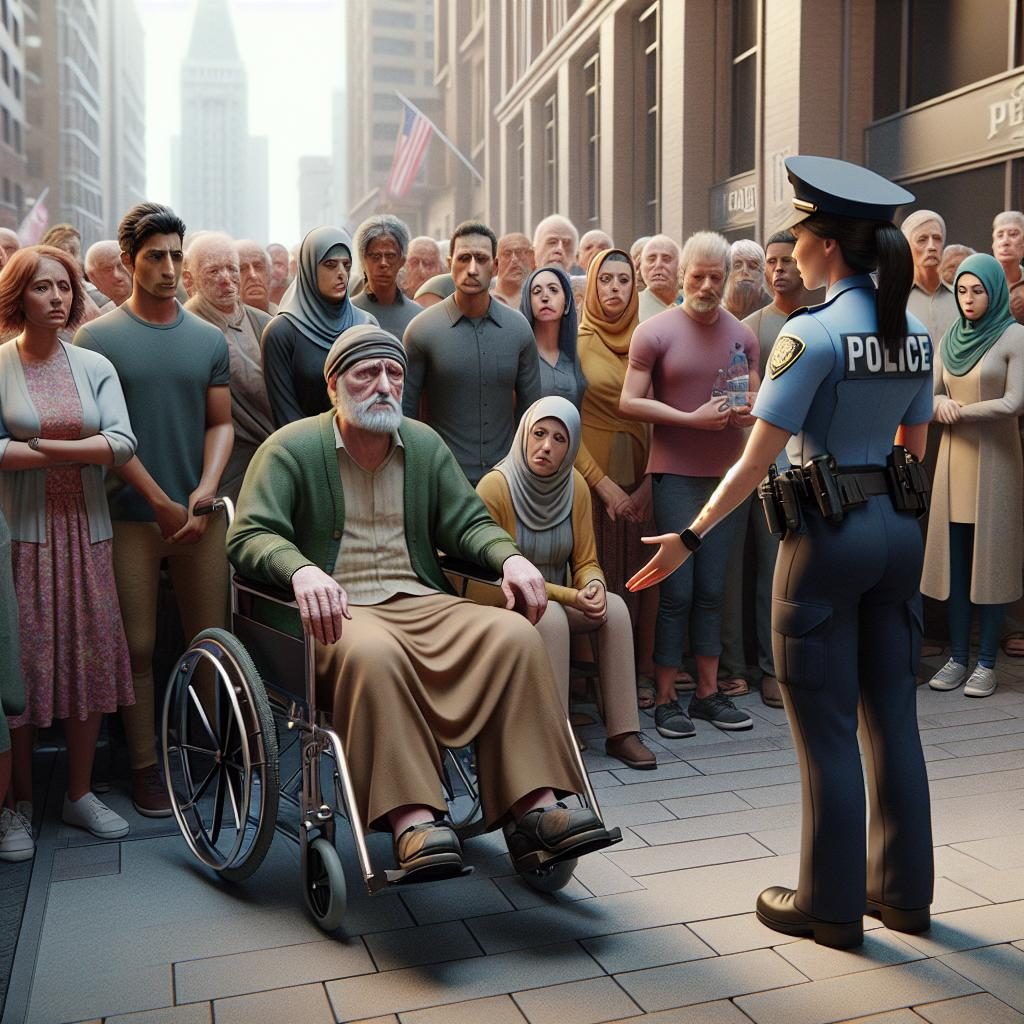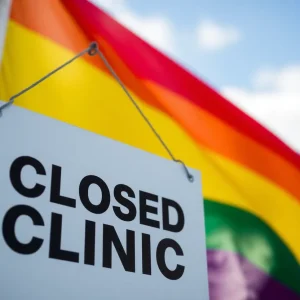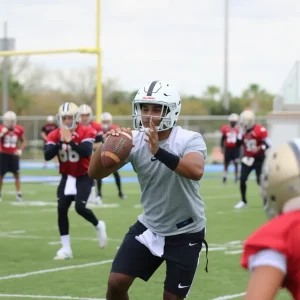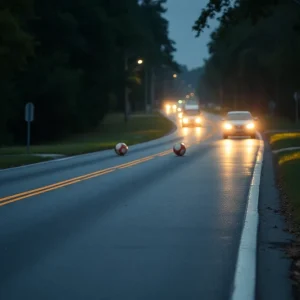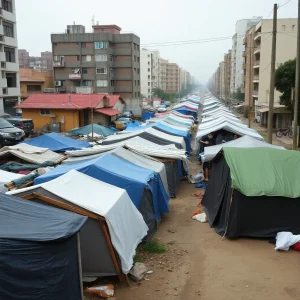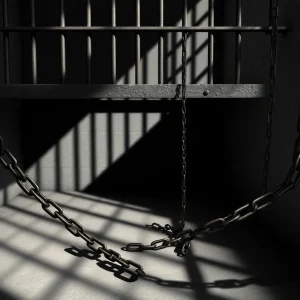The Supreme Court Just Opened the Door to the Criminalization of Disability
In a significant decision that highlights an alarming turn in the legal approach towards the homeless and those with ongoing disabilities, the Supreme Court recently upheld that individuals experiencing homelessness may be subjected to both criminal and civil penalties for sleeping in public spaces. This decision comes through the case of City of Grants Pass v. Johnson, where the court reversed a previous decision that was firmly rooted in the U.S. Court of Appeals for the 9th Circuit.
The Origins of the Case
The challenges began in Grants Pass, Oregon, where local politicians attempted to quash the homeless population by enforcing steep fines and jail terms. This verdict will have a monumental impact on people with disabilities, as they are overwhelmingly more likely to experience homelessness. Figures reveal that nearly 78 percent of homeless people report having mental health conditions and a staggering 52 percent of homeless adults in shelters nationwide have a disability.
Impact on People With Disabilities
The lack of physically accessible and affordable housing for people who rely on Social Security Disability Insurance and Supplemental Security Income often pushes them into homelessness, with data showing that only 6 percent of homes are wheelchair-friendly nationwide. Indeed, this case highlighted the vulnerability of the disabled community, as many individuals who could not stay at the only Grants Pass shelter due to their disqualifying disabilities presented their plights.
Historical Perspective and Implications
The application of Robinson v. California, a Supreme Court ruling from 1962, was instrumental in the appellants’ argument. The Robinson ruling was historic in asserting that the Eighth Amendment precludes state and local governments from penalizing a status, such as drug addiction.
However, in an unsettling trend reversal, the Supreme Court’s majority judgement led by Justice Neil Gorsuch distanced Grants Pass v. Johnson from Robinson, stating that the Grants Pass statute only prohibits actions like sleeping outdoors and does not differentiate based on housing status. Despite numerous disability rights groups filing briefs urging the court to consider disability-related implications, the verdict remained noticeably silent on the subject.
A Counterpoint
Justice Sonia Sotomayor’s dissent blatantly highlights the disproportionate effect that these rulings would have on the disability community, and she quotes extensively from amicus briefs filed by groups fighting for disability rights. For her, the ordinances are a direct criminalization of being homeless, particularly concerning those who have no access to shelter.
In conclusion, even amidst significant rulings that would considerably impact the rights of disabled people, it becomes vital for the courts and public to understand what lies at stake. Disability rights groups vow to persevere in their opposition, ensuring that constitutional guarantees and federal disability rights protections truly stand up for those most in need.



